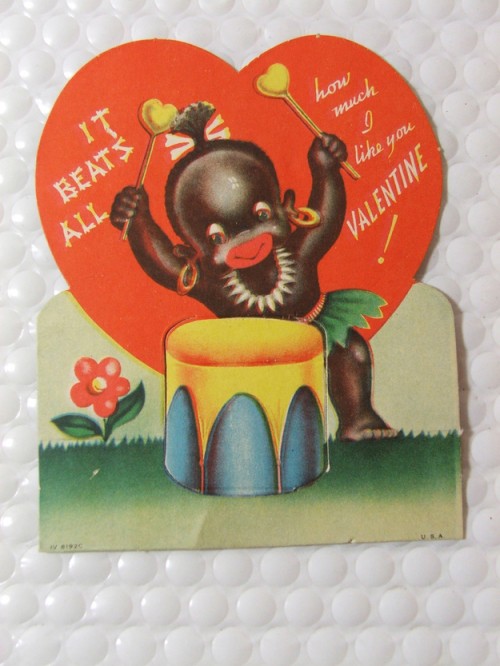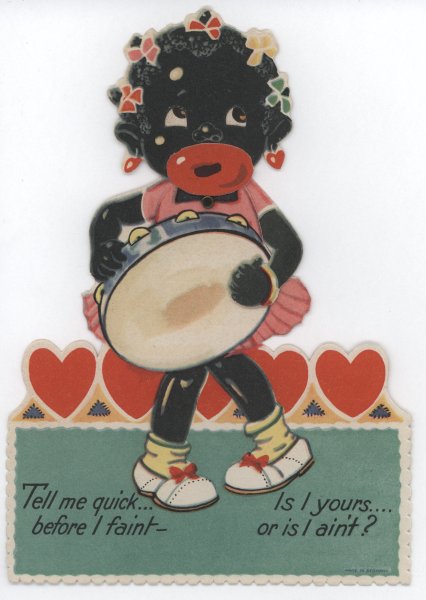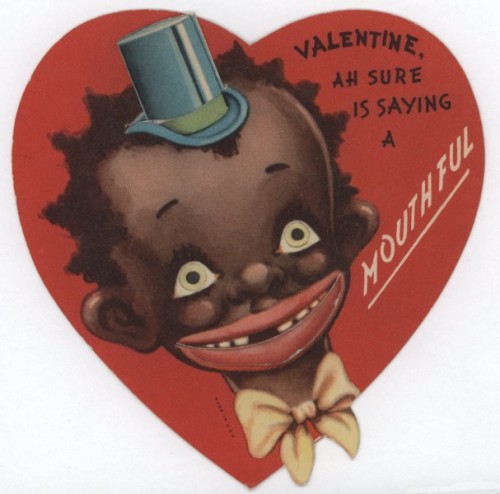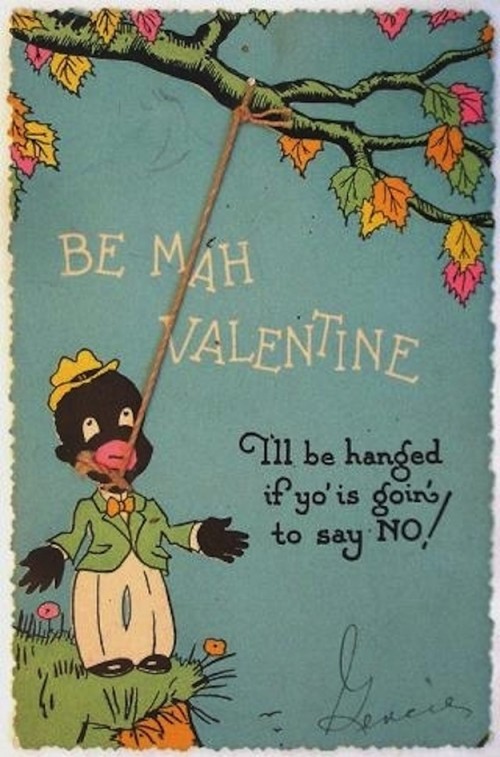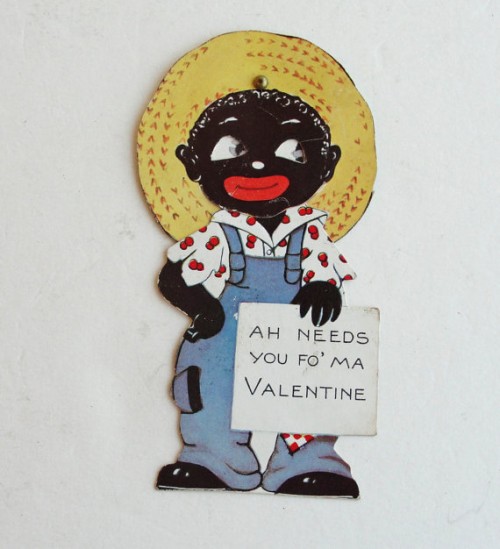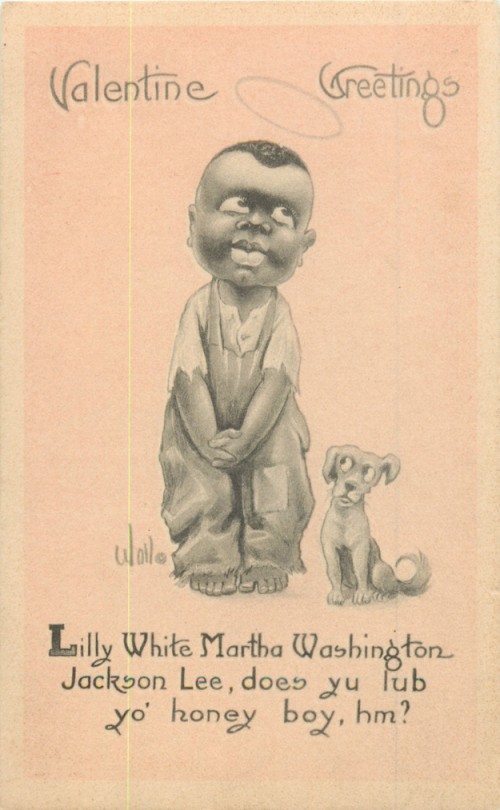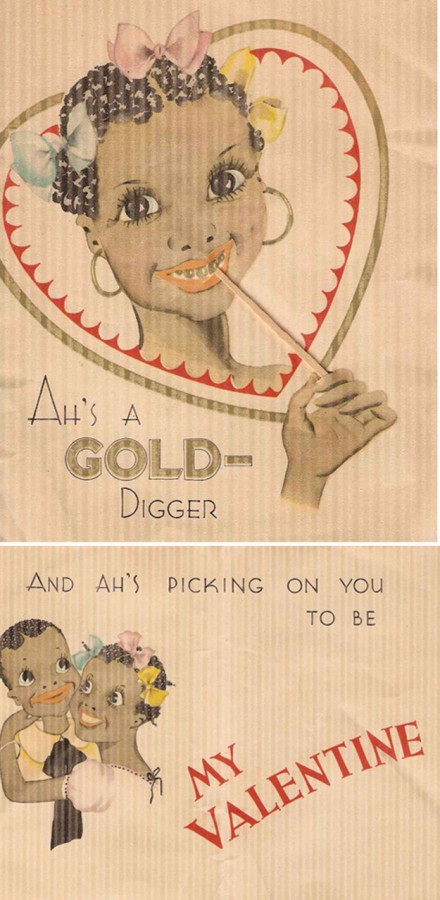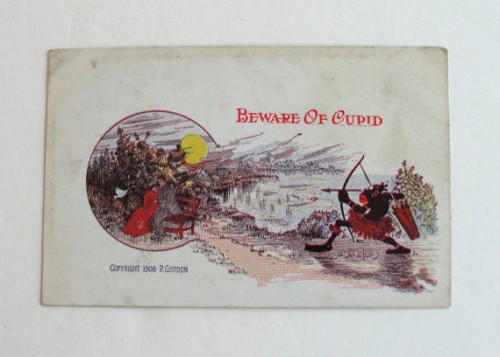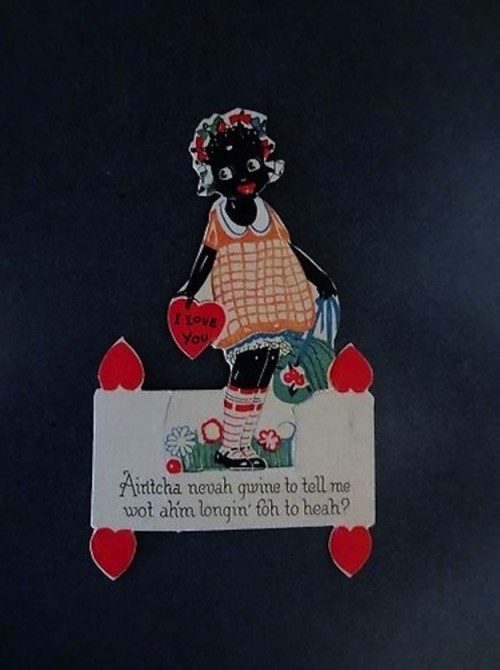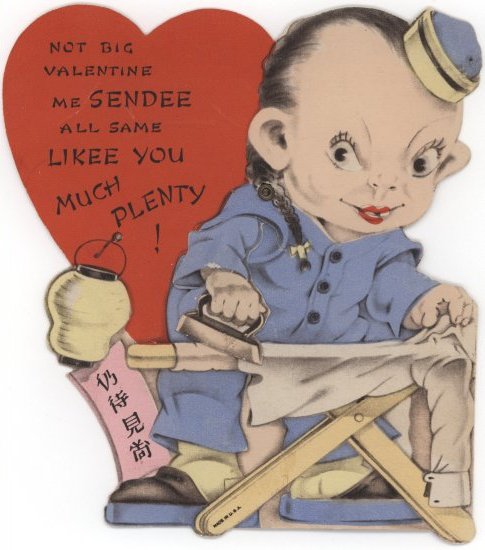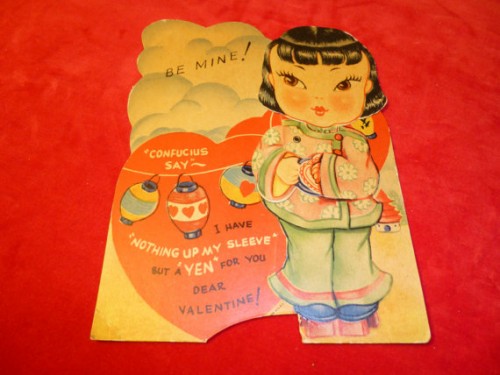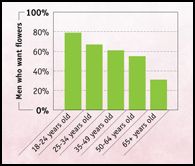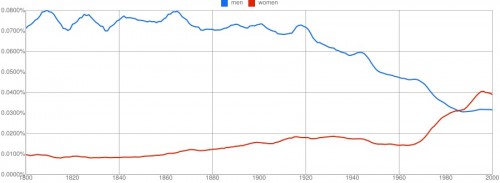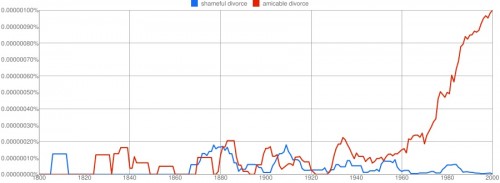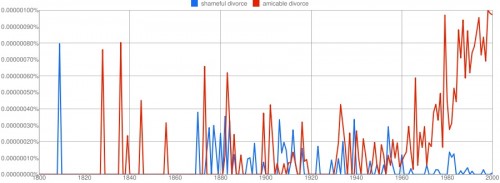Valentine’s Day cards reflect the cultural context at the time and, in times of racism, cards punned and joked with racial stereotypes. We’ve collected examples featuring American Indians and Asians, here’s our selection of racist cards with Africans and African Americans. Trigger warning for grotesque caricature and violence.
Cards via Hearts Atwirl and Buzzfeed.
Lisa Wade, PhD is an Associate Professor at Tulane University. She is the author of American Hookup, a book about college sexual culture; a textbook about gender; and a forthcoming introductory text: Terrible Magnificent Sociology. You can follow her on Twitter and Instagram.

